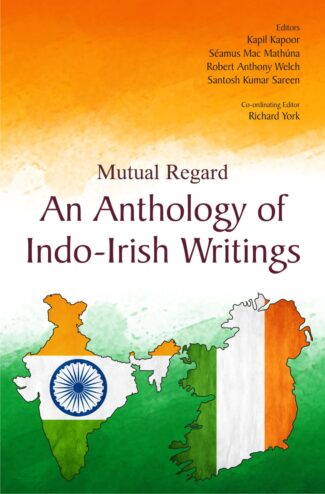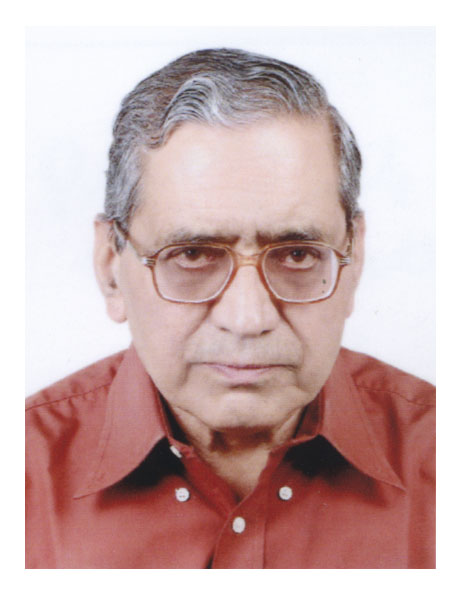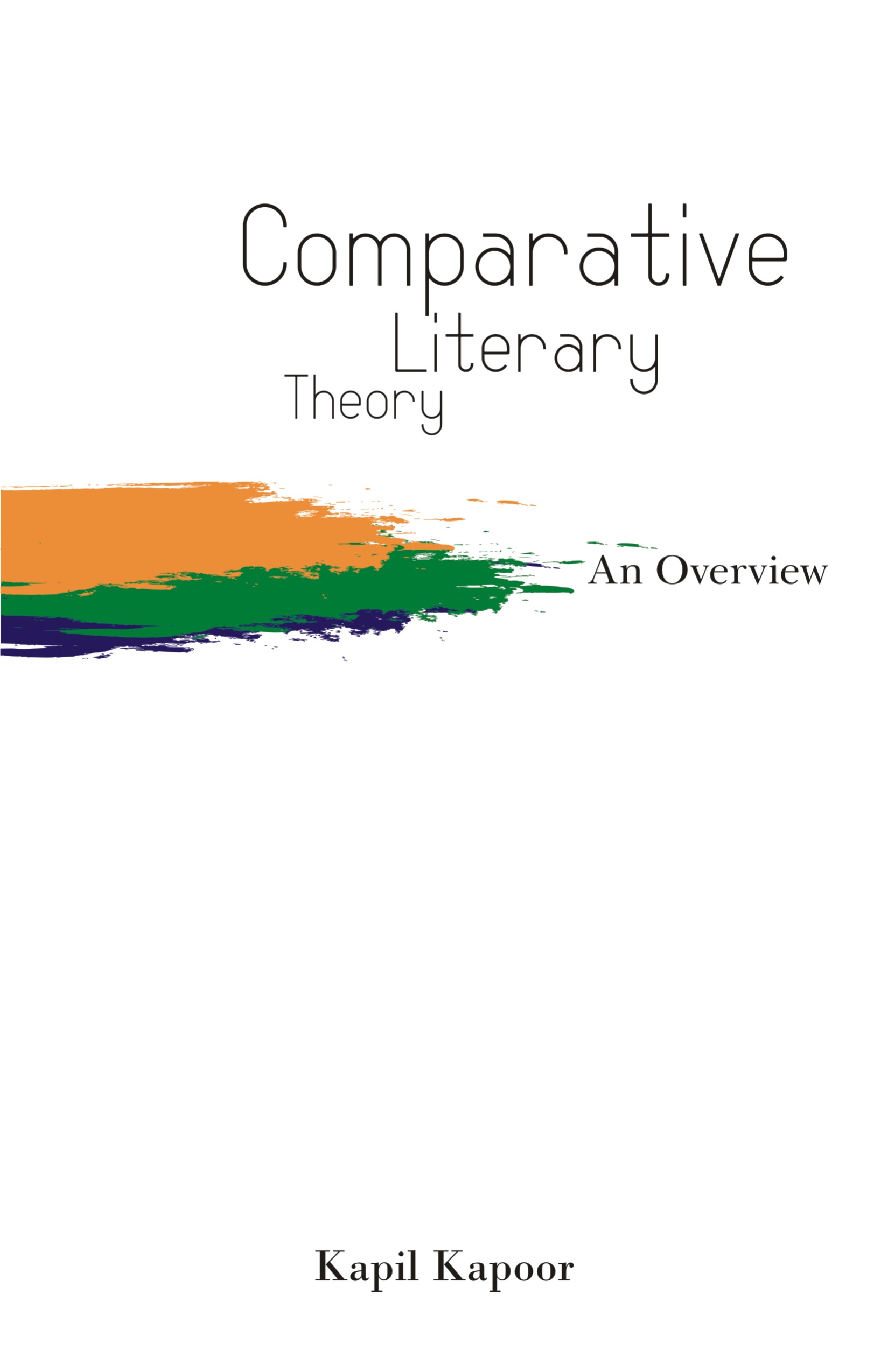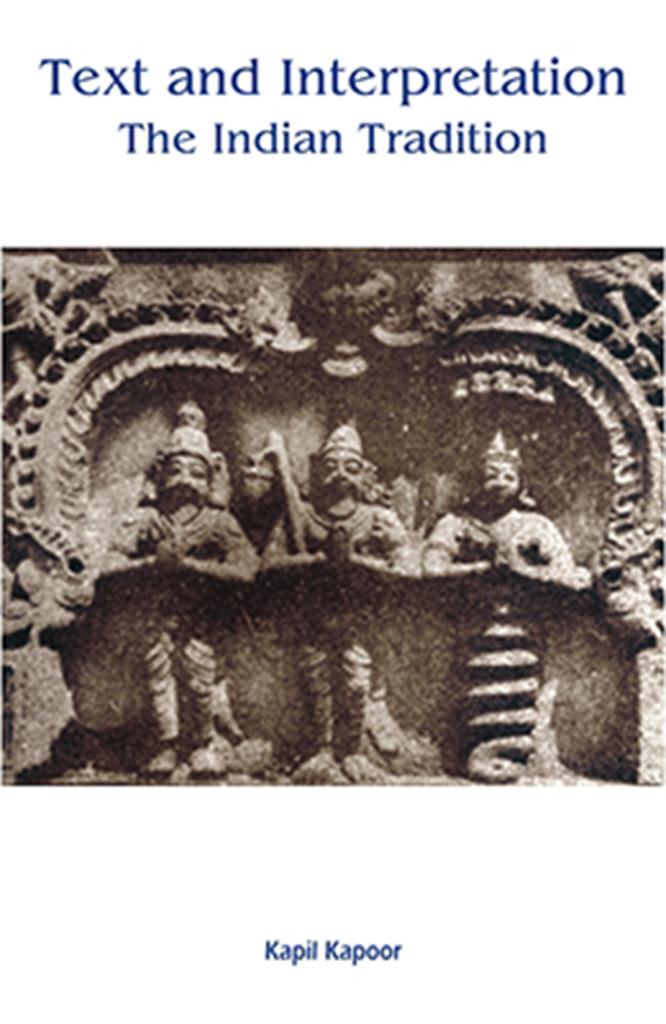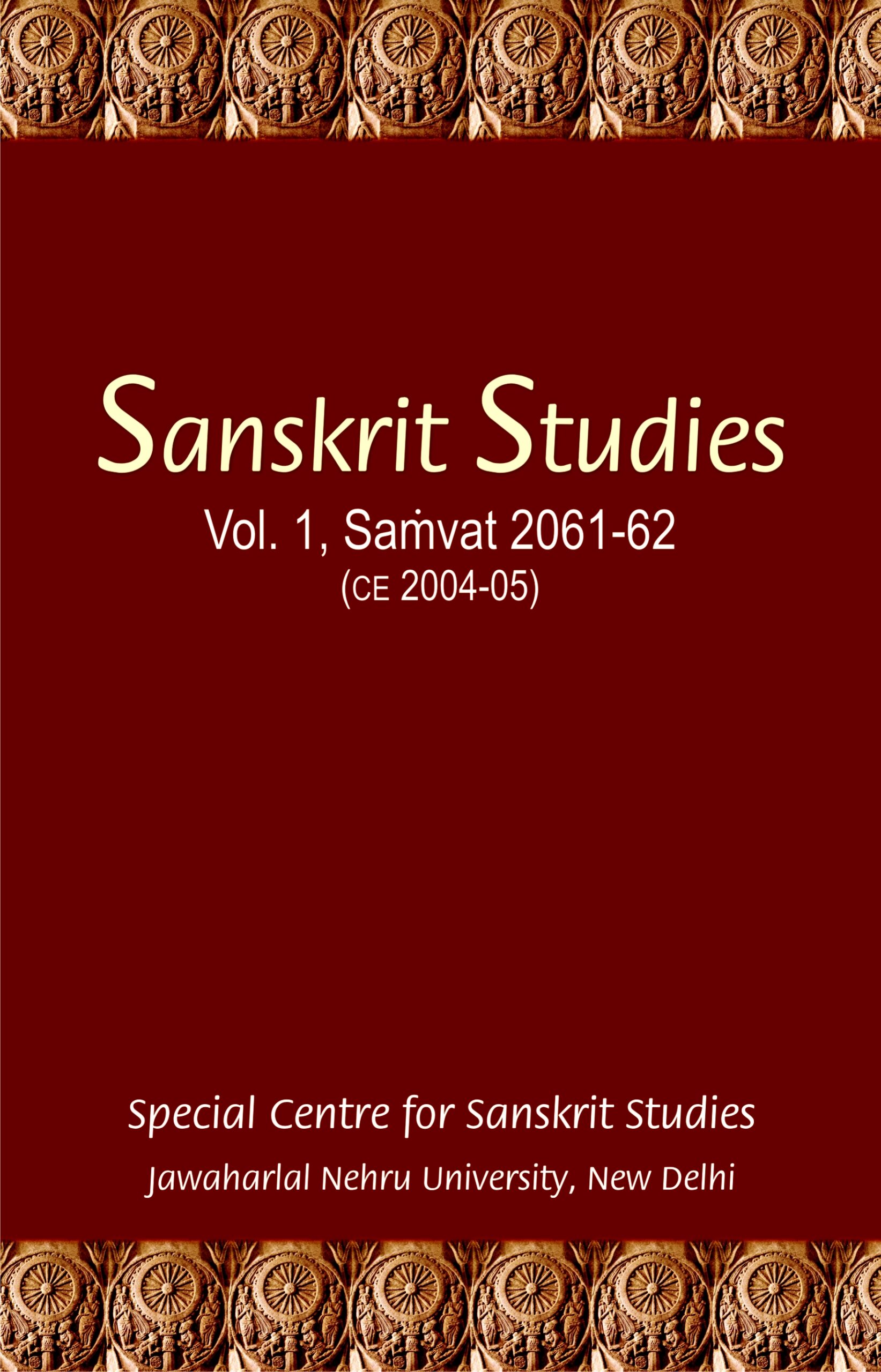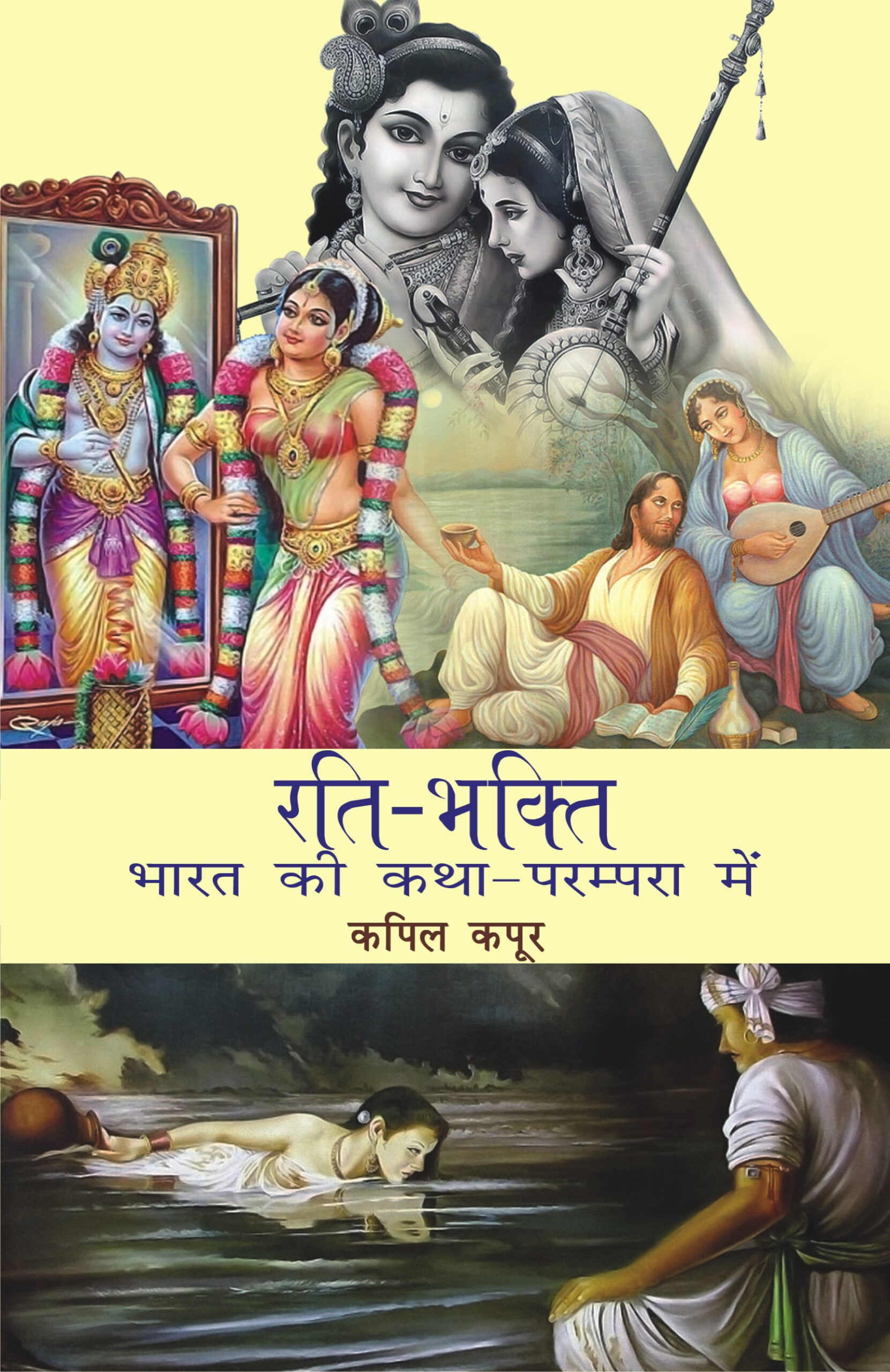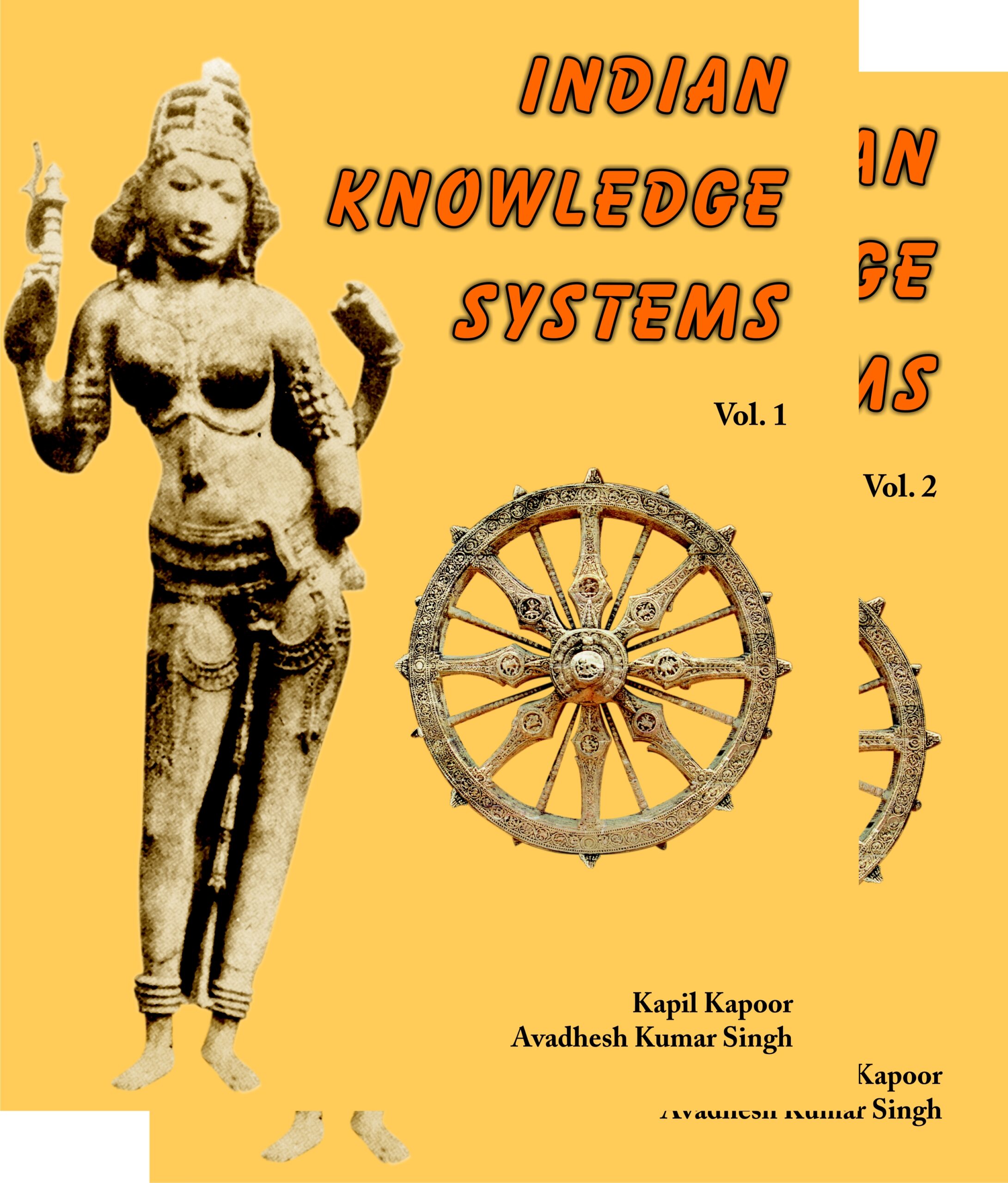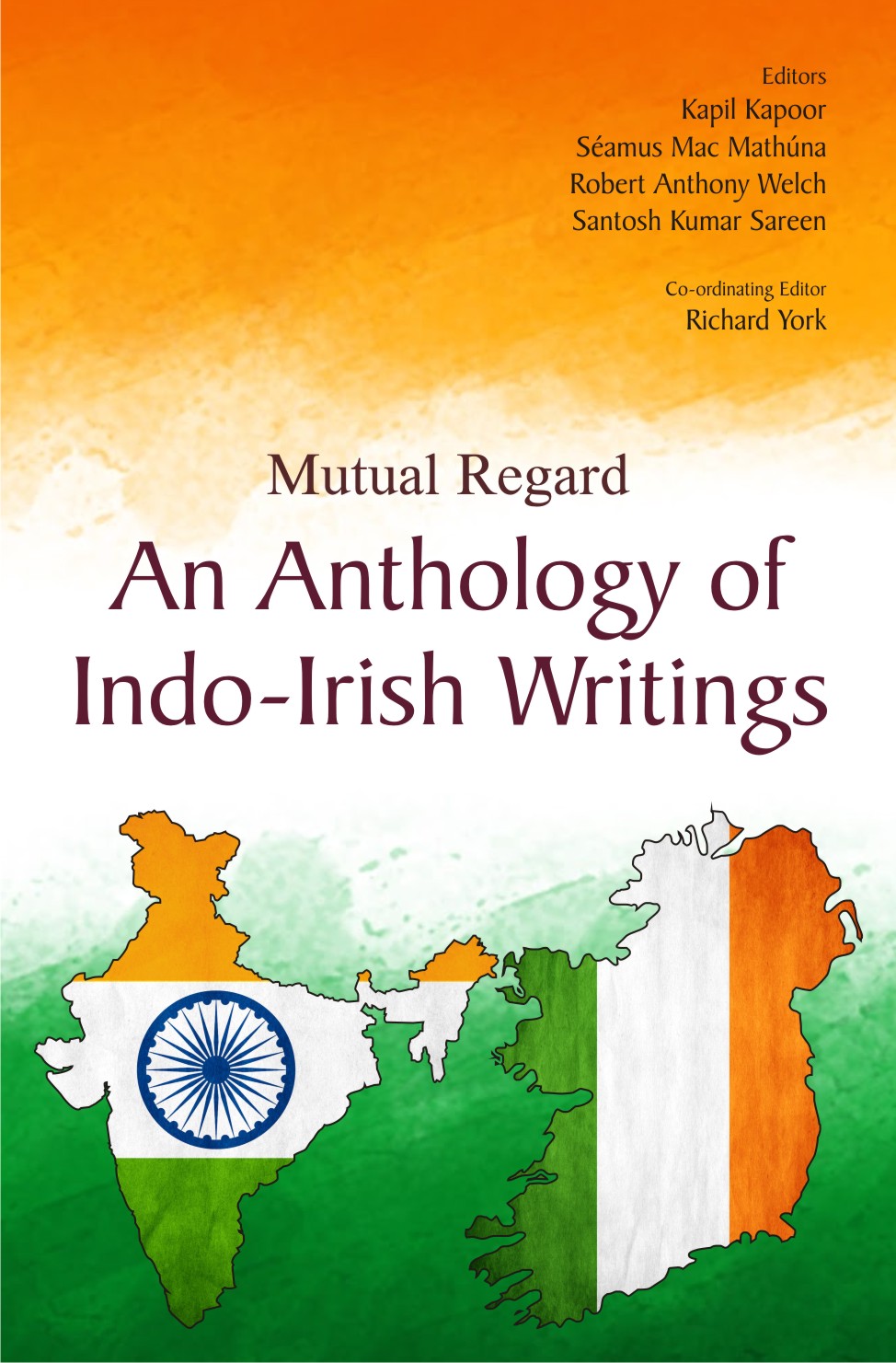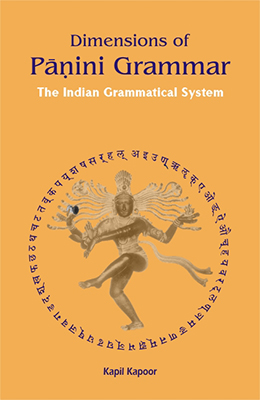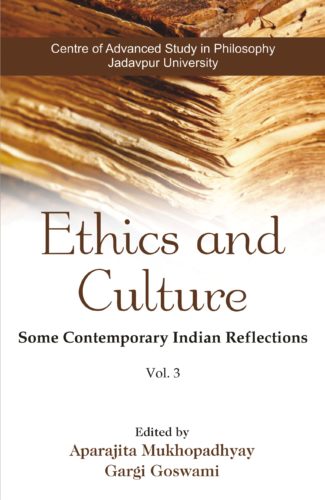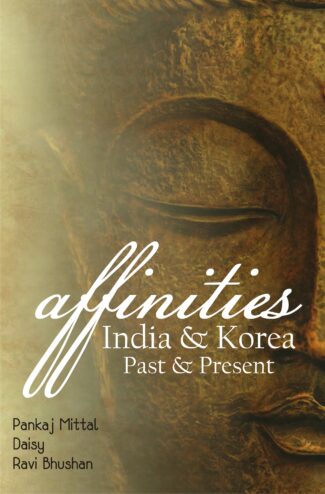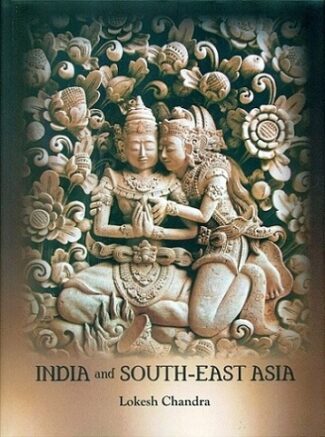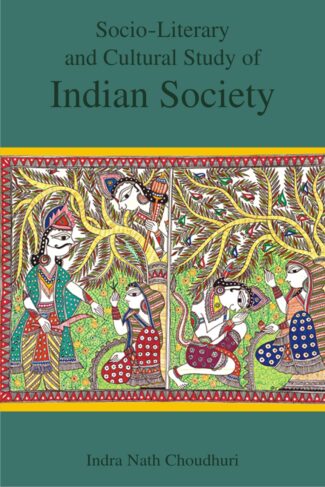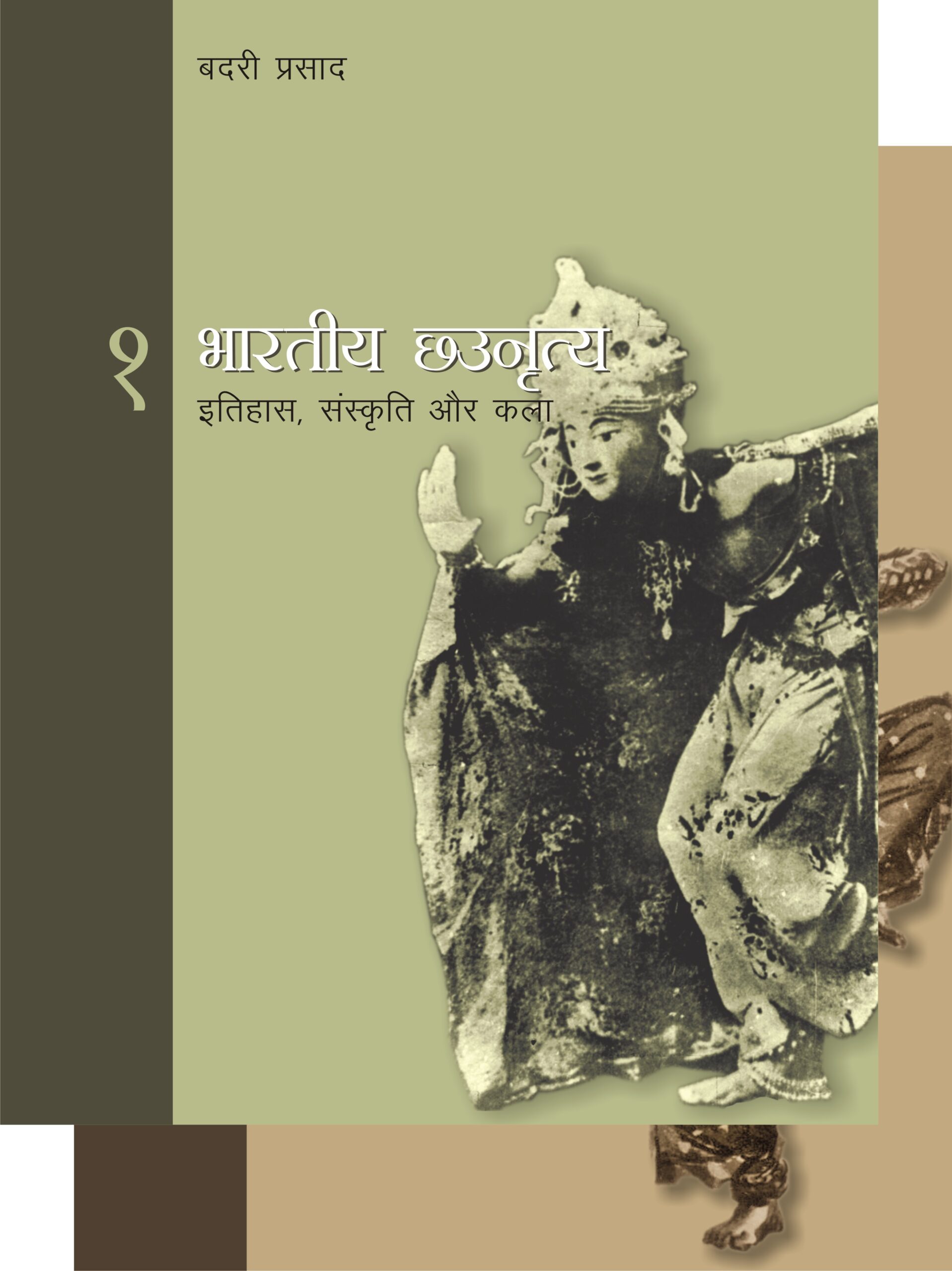
Mutual Regards...
Mutual Regards
An Anthology of Indo-Irish Writings by: Kapil KapoorThis is an anthology of parallel texts from the Irish and Indian intellectual traditions. It shows that, despite major differences between the two countries, contacts and similarities between them have been substantial. It records testimonies of Irish people and Indians who have visited the respective countries.
Original price was: ₹2,900.00.₹2,610.00Current price is: ₹2,610.00.
ISBN: 9788124608982
Year Of Publication: 2018
Edition: 1st
Pages : xvi, 712
Language : English
Binding : Hardcover
Publisher: D.K. Printworld Pvt. Ltd.
Size: 23
Weight: 1500
This is an anthology of parallel texts from the Irish and Indian intellectual traditions ranging over what scholars have said about the two countries histories of turmoil, their philosophies of mind and being, their myths and fantasies, their contemplative imagination as expressed in their lyrical poetry, their learning in medicine, history, linguistics and poetics, the records left about them by Irishmen who came to India and by Indians who went to Ireland, and the contemporary engagements between the two countries.
The volume shows that, despite major differences between the two countries, contacts and similarities between them have been substantial. The recorded testimonies of Irish people and Indians who have visited the respective countries demonstrate that in both cases the experience has been a warm and encouraging one, which has led the visitor to become more aware of what is meant by nationality, what he or she has acquired from his or her country of origin and what he or she has gained by contact with another society and another culture. That the two appear to share the same spirit of the self is attested by the fact that they both end up in the twentieth century, by coincidence or destiny, with the symbolism in their flags of the same three colours orange, white, and green.
Acknowledgements
Figures and Illustrations
Introduction
1: The Scholar’s View
– Ancient Geography
– Classical Authors on India
– Classical Authors on Ireland
– Medieval Bestiary Lore: Irish Scribes and Indian Beasts
– Medieval Geography
– Relationships of Language
– Ireland and India on the British Maps: Cartography, Map-making and Empire-building in Ireland and India
– The Case for Studying India: Max Müller
– The Case for Studying Ireland: Matthew Arnold
– Investigating Cultural Links
2: Defining the Nations
Part 1: The Early Years
– India in the Seventh Century: William Boulting
– The Land of Gandhara
– Ireland in the Seventh Century: Bede
– Cultural Vandalism in Ireland
Part 2: The Age of Invasions
– The Vikings in Ireland
– India: The Moslem Conquest
– India Under the Muslim Invaders: Alberuni’s Account
– Cultural Impact of Islam
– Cultural Vandalism in India: Destruction of Rudramahalaya
– Apology and Refutation of Giraldus and Others: Geoffrey Keating
– India under the Mughal Empire
Part 3: The Establishment of British Rule
– Ireland in the Imperial Mindset: Edmund Spenser
– Bards, Instead of Poets
– Consequences of the Colonial Power: Massacre in Ireland on Cromwell’s Siege of Drogheda
– Ireland: Decline and Despair
– Dáibhidh Ó Bruadair
– Lamentation of the State of Things in Ireland in the Eighteenth Century
– The Response to English Education in Ireland: Hedge Schools
– Attitudes to British Rule: Irish People in Favour of Union
– Irishmen Fighting for Independence
Part 4: The Nineteenth Century: Political and Cultural Nationalism
– Ireland in the Imperial Mindset: Phrenology
– India in the Imperial Mindset: Language
– Responses to English Language: Ireland
– Effects of Colonial Rule: Famine in Ireland
– Irish Responses to the Indian Revolution of 1857-59
– The Land Question: Ireland
– Consequences of Colonial Rule: Famine in India
– Irish Home Rule
– Responses to English Language in Ireland
– Sri Aurobindo on Shaw, Ireland and India
– An Irish Example
– Cultural Awakening: India and Ireland
– Indian Attitudes to the Colonial Power
– Irish Attitudes to the Colonial Power
– Indian Attitudes to the Colonial Power
Part 5: The Twentieth Century:
The Coming of Independence and Continuing Divisions
– Indian Response to English Language and Education
– Consequences of Colonial Power: Massacre in India
– Indian Response to English Language and Education
– Attitudes of the Colonial Power Towards India and Ireland, and the Inter-connectedness of Governing the British Empire, 1912-20s
– Divided Societies in Ireland and India
– The Traumas of Partition: Jinnah and Carson
– Indian Response to English Language and Education
– Fighting for Independence: Indian Home Rule
– Gandhi on Passive Resistance
– Means of Independence: Satyagraha, Gandhi’s Philosophy
– Fighting Against British Rule: The Hunger Strike in India
– “Fasting Against” in Early India
– Sitting Dharana
– Two Extracts from Early Irish Sources
– Citation from Valmiki’s Ramayana: Bharata Fasting Against Rama
– Constitutional Issues: Dominion Status
– Fighting Against British Rule: The Irish Hunger Strike
– Diary of Bobby Sands
– Statement of Republican Prisoners at End of Second Hunger Strike
– Constitutional Issues: Independent India
– The Land Question: India
– Post-Independence Indian Responses to English Language
3: Immaterialism: Mind and Being
– Dharma as Truth
– The Vedic Tradition
– Hymn to the Goddess of Dawn
– Satyakama: Speaking Truth as the Supreme Virtue
– The Bhagavad-Gita
– The Boon of Wisdom Preferred to Wealth
– Ideal Kingship: India
– Two Traditional Fables
– Ideal Kingship: Ireland
– Irish Seers and Mirabilia
– Berkeley on Human Knowledge
– Indian Seers
– Celebration of Being an Indian
4: Myth, Supernaturalism and Fantasy
– Indian Cosmology: The Concept of PÀtala Loka
– Concept of Jambudvipa Bharatakhanda
– The Embodied Universe
– Lebor Gabála: Where Do the Irish Come From?
– Irish Vision of the Otherworld
– Ireland: On the Origin of the Universe
– Metempsychosis and Transfiguration in India and Ireland
– Ireland: The Branchedness of Irish Memory
– A Devotee of Krishna: A Folk Narrative
– Devotion to St. Brigit
– Magic Realism
– Irish Fairy Legends
5: The Contemplative Imagination
– Indian Love Poetry
– Bhartrihari’s Shringara Shataka
– Shah Hussain (c. 1539-99)
– Irish Love Poetry
– Muireadhach Albanach Ó Dálaigh
– Douglas Hyde
– Death in War: Ireland
– Death in War: India
6: Learning, Medicine, History, Language and Literature
– Respect for Sages
– Generosity to Learned Men
– Zeal and Respect for Learning
– Ayurveda: Indian Medical Science
– Medical Knowledge in Sixth-century Ireland
– History and the Notion of Memory
– India’s Traditional Records and Annals
– Daksha Yajna (Sacrifice) from Vayu Purana
– Ireland: Preserving Historical Documents: Eugene O’Curry
– Preserving the Past: Protection of Monuments and Lord Curzon
– The “Save Tara” Campaign
– Letter to Irish Times
– Early Ideas of Language: India
– Early Ideas of Language: Ireland
– Aesthetic Theory and the Nature of the Theatre in India
– Irish Reflections on Poetry from the Early Irish Sources
– Decline of Poetic Forms in Seventeenth-century Ireland
7: Irish People in India and Indians in Ireland
– Irish People in India: India as Anti-England
– Lady Morgan
– British Officers of Irish Descent in India
– Irish Non-Christian Religious Activists in India: Max Arthur Macauliffe
– Kipling
– Christian Missionaries
– Irish Religious Activists in India
– Irish Feminists in India: Margaret Cousins
– Indians in Ireland: Former President of India, V.V. Giri
– Jawaharlal Nehru
– Subhas Chandra Bose
– Contemporary Engagements in Politics: from “a Little Hazy and a Little Romanticized” to “Dancing a Tango Together”
– Extract from a Speech by the Taoiseach, Bertie Ahern TD, at the University of Mumbai, 20 January 2005
Appendix
Editors and Contributors
Index Ksenia Kudenko, Séamus Mac Mathúna


